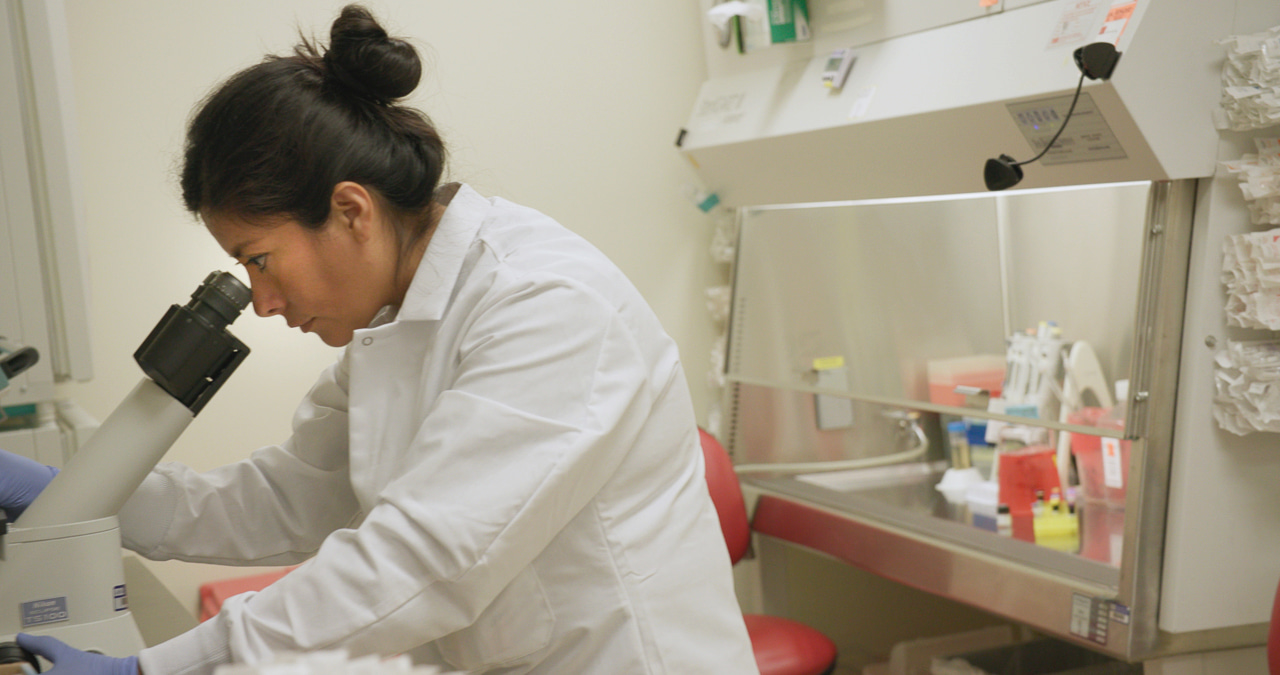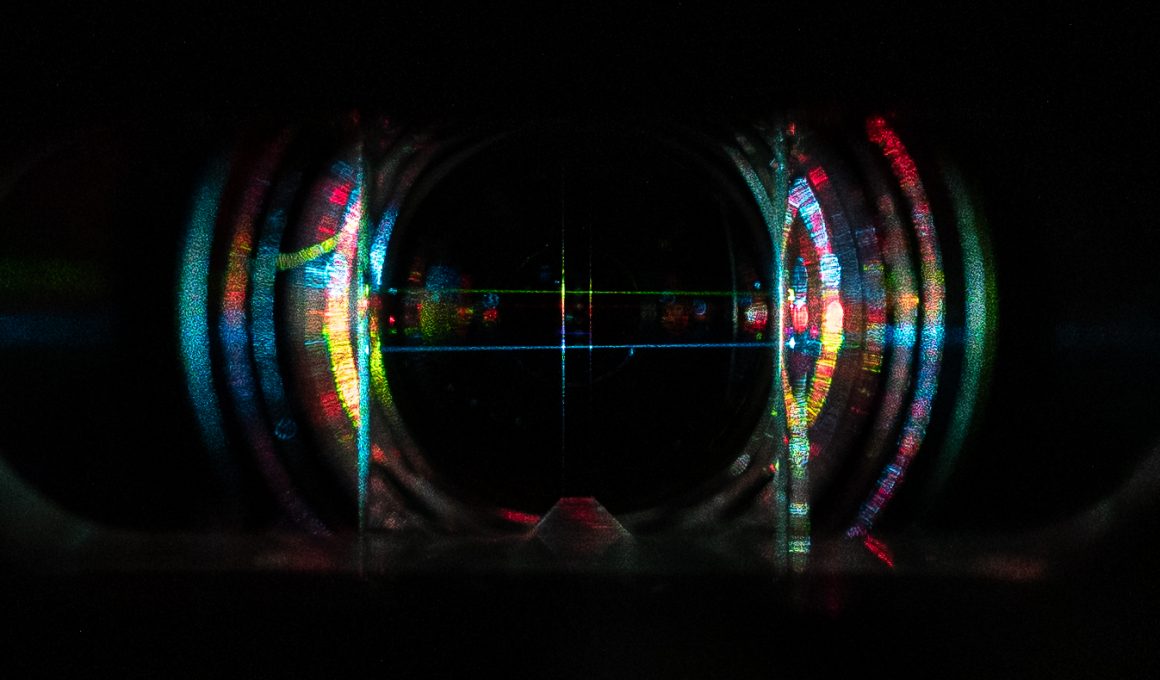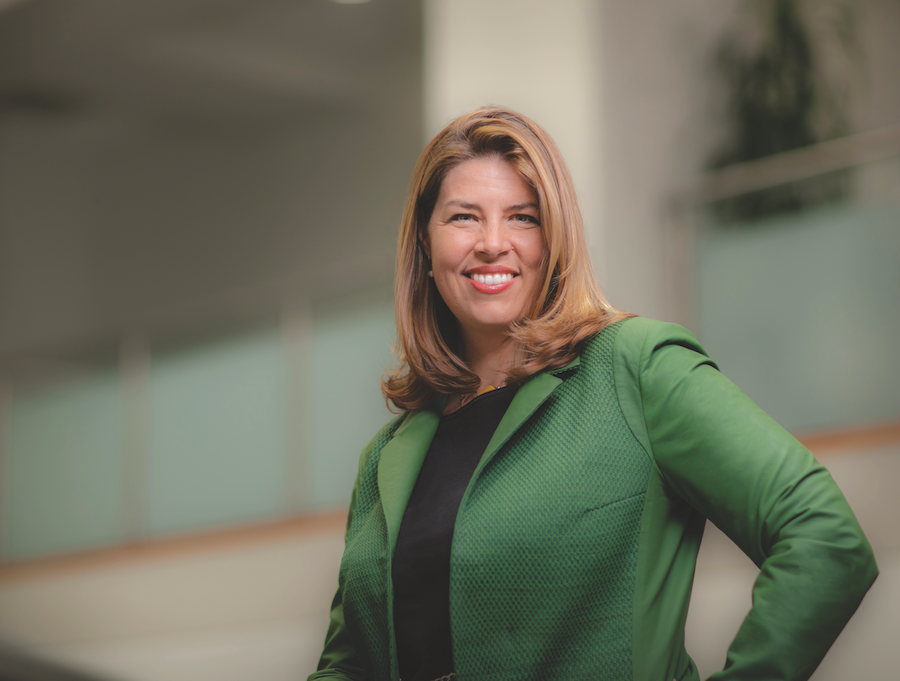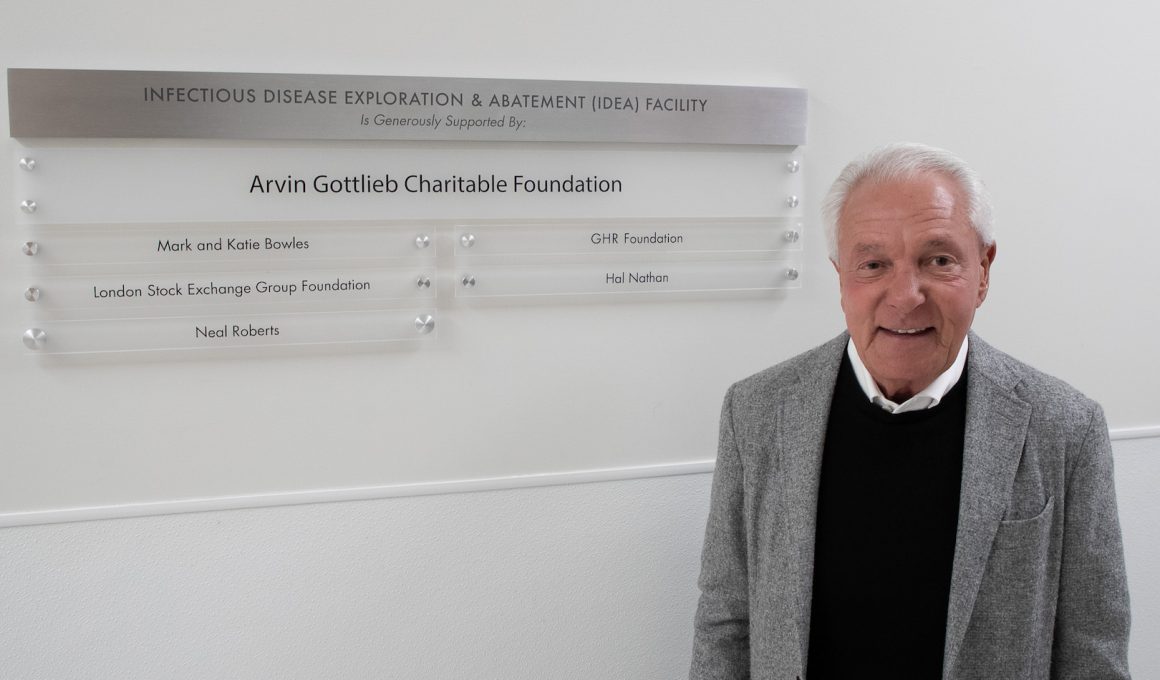Every year, early career Postdoctoral Researchers and Instructors come from around the globe to train under La Jolla Institute for Immunology (LJI) faculty.
These scientists work closely with LJI faculty to lead important immune system studies. Their time at LJI is also a chance to learn new research skills and establish strong collaborations.
Many of LJI’s Postdoctoral Researchers and Instructors go on to start their own academic laboratories or to direct cutting-edge research in the pharmaceutical industry. Here are the stories of four scientists who launched their careers at LJI.
Michael Norris, Ph.D.
Assistant Professor at the University of Toronto
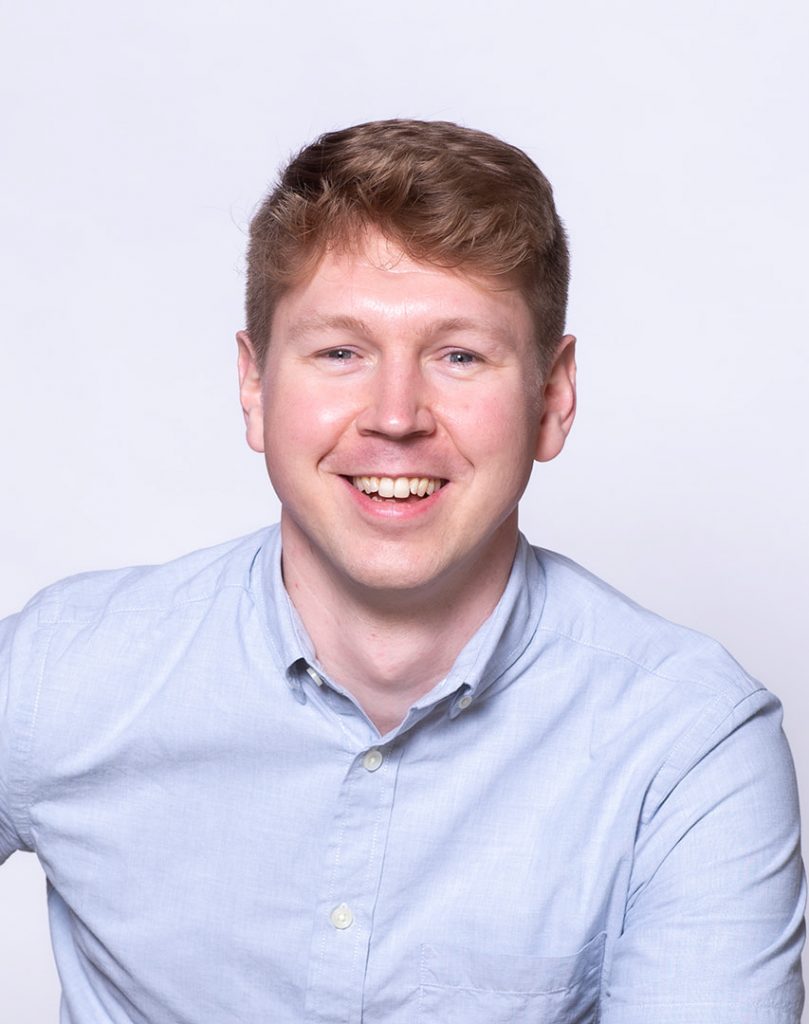
In 2017, Michael Norris, Ph.D., and his husband packed their lives—and their 70-pound Husky—into a small Toyota Yaris. They headed to Interstate 80 and began the long drive from Toronto, Canada, to La Jolla, California.
Dr. Norris had just been hired to complete his postdoctoral training under then-Professor Erica Ollmann Saphire, Ph.D., MBA. “I had to uproot my entire life,” says Dr. Norris. “It was a really big change, but Erica was very welcoming, and she created almost a family environment in her lab.”
As a member of the Saphire Lab, Dr. Norris led research into paramyxoviruses, a viral family which includes measles and the deadly Nipah virus. To better understand these viruses, Dr. Norris worked closely with LJI Cryo-Electron Microscopy Core Director Ruben Diaz Avalos, Ph.D., who trained him to use an advanced, donor-funded cryo-electron microscope called the Titan Krios. “To be able to learn from him—on one of the world’s best microscopes—was a game-changer for my career,” says Dr. Norris
Meanwhile, Dr. Saphire emphasized scientific communication and collaboration. Dr. Norris watched as the Saphire Lab became the hub of the international Coronavirus Immunotherapy Consortium. “Erica brought in perspectives from different areas and different people,” says Dr. Norris.
In 2021, Dr. Norris won $30,000 in funding from the Tullie Family Foundation through LJI’s Tullie and Rickey Families SPARK Awards for Innovations in Immunology to identify potential drug candidates to treat measles and Nipah virus infections.
By 2022, Dr. Norris had published key findings on how paramyxoviruses replicate and spread throughout the body. His findings may prove important as scientists design new therapies to block these viruses.
Dr. Norris soon began looking for job opportunities where he could apply his new skills. Today, Dr. Norris serves as an Assistant Professor at the University of Toronto—he’s happy to be back in his hometown—and he is a member of the University’s Emerging & Pandemic Infections Consortium. Dr. Norris continues to collaborate with Dr. Saphire, who now serves as LJI Professor, President & CEO.
Dr. Norris says his time at LJI taught him the importance of establishing strong collaborations. “If you really want to make groundbreaking, world-changing discoveries, you do it as part of a massive multidisciplinary team,” he says.
Camila Coelho, Ph.D., MBA
Assistant Professor at the Icahn School of Medicine at Mount Sinai
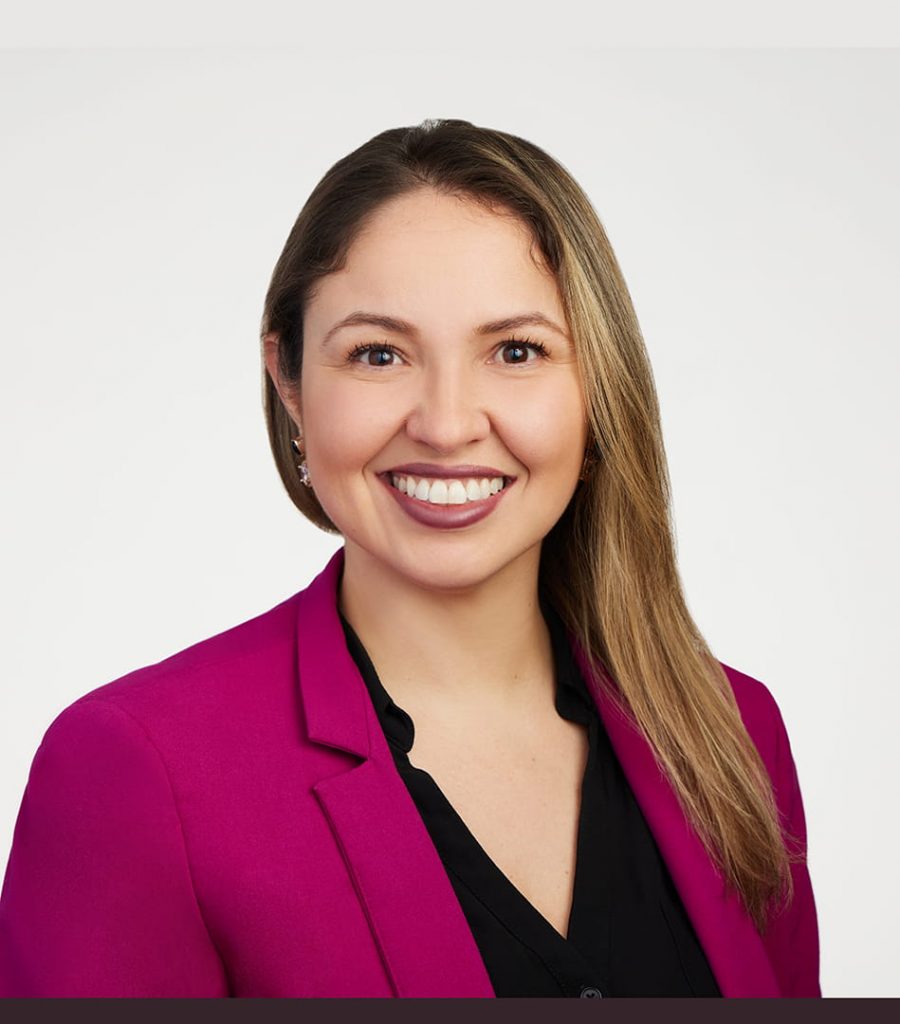
Camila Coelho, Ph.D., MBA, came to LJI with a clear goal: to someday run her own lab. Dr. Coelho had just completed a postdoctoral position studying B cell responses to malaria vaccines at the National Institutes of Health, but she still had a lot to learn.
“I knew that if I were to become a PI [Principal Investigator] it would be very important for me to have an extramural experience with people doing important science, relevant science, and to learn how to acquire my own funding,” says Dr. Coelho.
Dr. Coelho had come to the right place. She joined the laboratory of LJI Chief Scientific Officer Shane Crotty, Ph.D., in the summer of 2021—a time when the entire world was focused on COVID-19 vaccine research.
As a new LJI Instructor, Dr. Coelho helped spearhead this cutting-edge vaccine research. Dr. Coelho’s accomplishments included co-authoring the first-ever head-to-head comparison of four COVID-19 vaccines, published by Cell in May 2022.
At the same time, she learned important lessons from Dr. Crotty about how to manage a lab and motivate young scientists. “With his support, I was able to publish four high-impact studies as first author,” Dr. Coelho says. “He also helped me get grant funding and get feedback from other LJI faculty as I was preparing to apply for my PI position.”
In late 2022, Dr. Coelho became an Assistant Professor and PI in the Icahn School of Medicine at Mount Sinai. As a PI, she leads her own research team and has acquired funding to investigate B cell responses to mpox and novel COVID-19 vaccine boosters.
Dr. Coelho continues to collaborate with LJI scientists, and she recently authored an article in The Lancet Infectious Diseases with LJI Research Assistant Professor Alba Grifoni, Ph.D., and LJI Professor Alessandro Sette, Dr.Biol.Sci.
“Coming to LJI was the best decision I ever made,” says Dr. Coelho. “The level of science is so high, and Shane was a tremendous mentor.”
Stephane Becart, Ph.D.
Scientific Director of Prometheus Biosciences
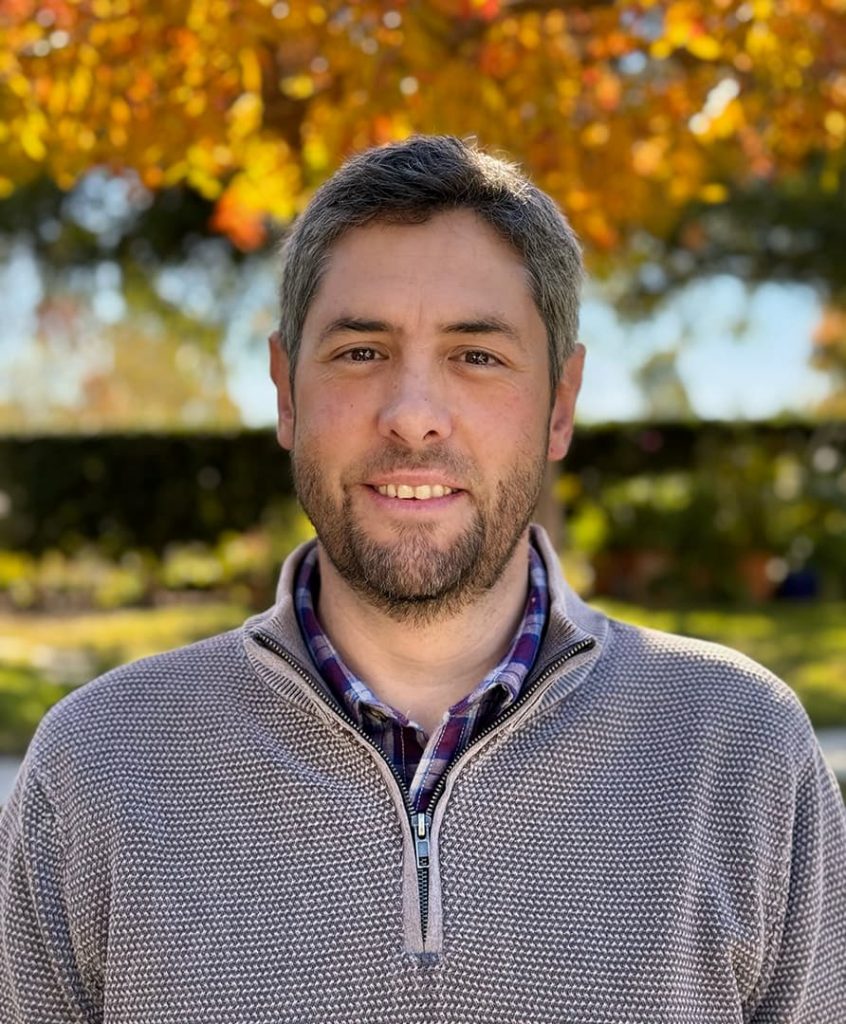
Stephane Becart, Ph.D., grew up with an unusual family tradition. His father, grandfather, and great-grandfather had all been gastroenterologists. “So science has always been really in our blood, in a way,” he says.
But when it came time for university, Dr. Becart bucked the gastroenterology tradition to study immunology. “I was really intrigued by how different cells interact to defend us from disease,” he says. He went on to earn his Ph.D. in Immunology from France’s National Institute of Health and Medical Research (Inserm).
In 2004, Dr. Becart came to LJI to work as a Postdoctoral Researcher in the laboratory of LJI Professor (now Professor Emeritus) Amnon Altman, Ph.D. There, Dr. Becart helped lead research into a molecule called SWAP-70-like adapter of T cells (SLAT). He studied the role of SLAT in immune cells in mice, and he showed that SLAT is important for T cell function and has therapeutic potential to treat autoimmune diseases and fight infection.
Dr. Becart stayed at LJI for nine years, where he was promoted to LJI Instructor. He says the research environment was incredibly motivating. “There was not one PI who wasn’t at the top of their scientific field. And I could collaborate with them and publish with them,” says Dr. Becart.
Dr. Becart began looking for ways to help patients more directly. “I wanted to be a little closer to human healthcare,” he says. In 2013, Dr. Becart became a Project Leader for the Janssen Pharmaceutical Companies of Johnson & Johnson. The company hired Dr. Becart to study key proteins he knew well from his research at LJI—and see if they could serve as drug targets to treat certain autoimmune diseases.
In 2021, Dr. Becart left Johnson & Johnson to serve as Scientific Director for a San Diego-based biotech company called Prometheus Biosciences, which initially focused on precision medicine for inflammatory bowel syndrome. With his family’s background in gastroenterology, perhaps this was “meant to be,” Dr. Becart says.
Prometheus Biosciences was acquired by Merck in 2023. This development may help Dr. Becart’s work move closer to clinical testing. “When you work in pharma, these companies can scale up what you are doing,” he says.
Dr. Becart sees academia and industry as complementary, with academic researchers leading in-depth investigations and industry scientists focused on applying findings to help patients. “Healthcare systems need researchers in both areas,” he says. “Both sides are valuable, fulfilling, impactful, and fun.”
Rosa Isela Gálvez, Ph.D.
Postdoctoral Researcher at the Bernhard Nocht Institute for Tropical Medicine
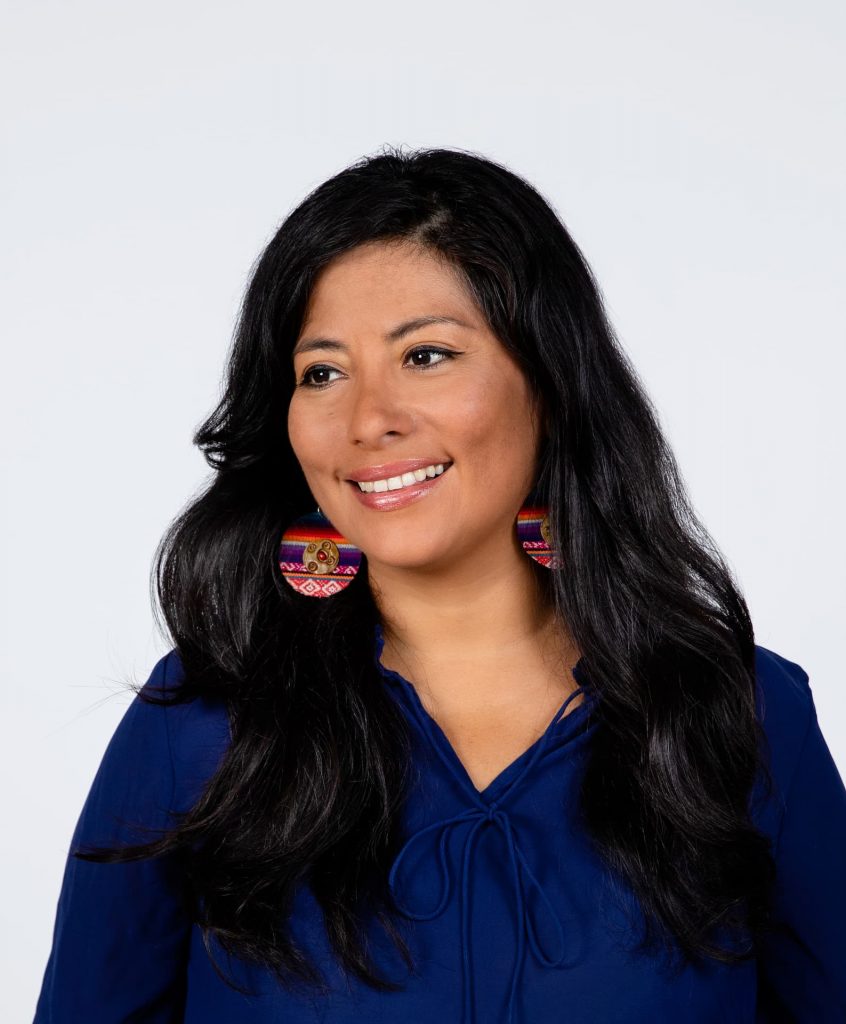
Rosa Isela Gálvez, Ph.D., always loved insects. In college, she fell in love with medical entomology. Still, she wasn’t sure how to turn that passion into a career. “My ex-husband was also making fun of it—he said, ‘You’re going to be the master of mosquitoes,’” says Dr. Gálvez.
It turns out the world needs masters of mosquitoes. Dr. Gálvez grew up in Peru and moved to Germany as a teenager. She had seen how mosquito-borne diseases, such as dengue fever and Zika fever, affect people. Thanks to climate change, disease-carrying mosquitoes are moving farther and farther away from their habitats near the equator.
“These pathogens are not just in the tropics anymore,” says Dr. Gálvez.
After working at a German biotech company, Dr. Gálvez studied immunology at Hamburg’s Bernhard Nocht Institute for Tropical Medicine. By 2021, Dr. Gálvez had earned her Ph.D. and had started applying for postdoctoral positions. She was excited when LJI Professor Alessandro Sette, Dr.Biol.Sci., offered her a Postdoctoral Fellow position in his laboratory. “This is a very famous place,” says Dr. Gálvez.
As a member of the Sette Lab, Dr. Gálvez learned to develop “epitope megapools” to study how the body’s T cells target different types of infection. In 2023, Dr. Gálvez won $25,000 in Tullie and Rickey Families SPARK Awards funding to use these epitope megapools to investigate T cell activity during malaria and dengue virus infections.
In collaboration with the Bernhard Nocht Institute, Dr. Gálvez studied samples from a cohort of Ghanaian children and found that children who survived childhood malaria infections had less severe dengue virus infections, likely due to a shift in T cell function. Dr. Gálvez hopes these findings can guide the development of new dengue vaccines or treatments. [Watch Dr. Gálvez’s presentation on “Unraveling Immune Responses from Dengue Fever and Malaria in Tropical Landscapes”]
Along the way, Dr. Gálvez formed a strong partnership with LJI Research Assistant Professor Daniela Weiskopf, Ph.D., a former Tullie and Rickey Families SPARK Award winner herself.
Dr. Gálvez credits Dr. Weiskopf’s mentorship for preparing—and inspiring—her to lead her own lab one day.
In November 2023, Dr. Gálvez left LJI for a Postdoctoral Researcher position back at the Bernhard Nocht Institute. In a few years, she’ll be qualified to work as a full Professor in Germany.
Right now, Dr. Gálvez is working with an international team to study immune cell activation during pregnancy. “We want to understand what happens when women are exposed to infectious diseases, mainly malaria, during pregnancy, and how that affects the immunity of their children in utero,” says Dr. Gálvez.
“Where I grew up, you are primed to believe you have a task in life—that we’re each given a responsibility,” adds Dr. Gálvez. “I can’t fix the world, but it’s my responsibility to do something of value.”
Article by Madeline McCurry-Schmidt.


